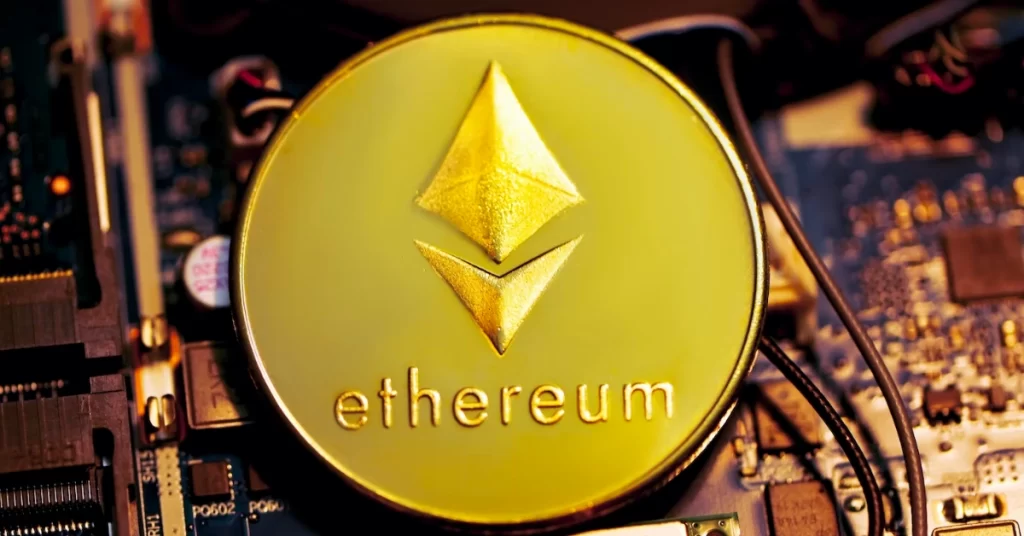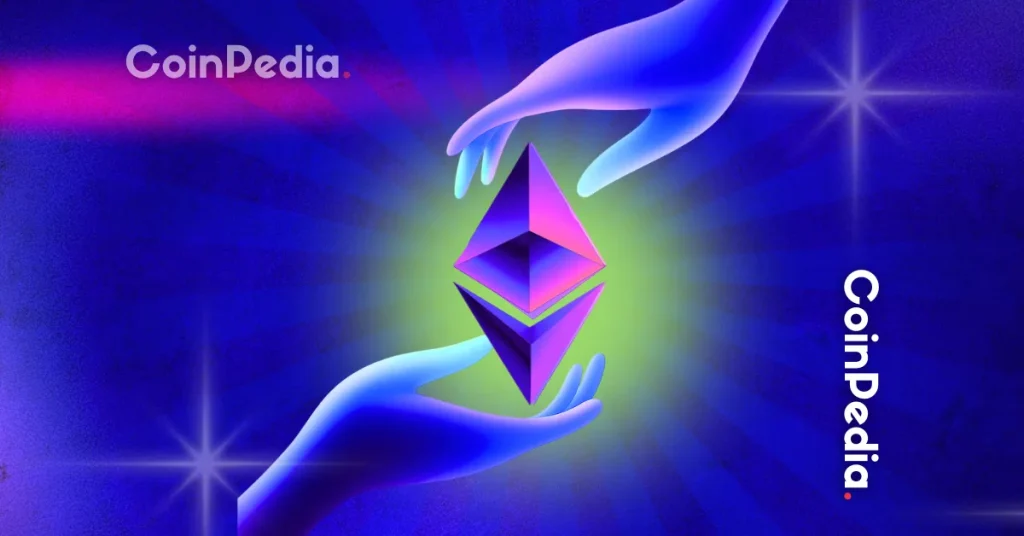
The post Will Ethereum Merge Buy the Crypto Market? appeared first on Coinpedia - Fintech & Cryptocurreny News Media| Crypto Guide
It’s an interesting time for cryptocurrency, to say the least. Headlines are not shy about using the term “dram” when it comes to covering the latest event: the Ethereum merger. The Ethereum merge has every crypto investor on the edge of their seat. What could it possibly mean for the market? As of writing, checking this live BTC price chart, Bitcoin is still the crypto market’s main leader, but is it possible that the Ethereum merge might change that? There are whispers that the merge is an event that could put Ethereum on top in the long run.
But we’re getting ahead of ourselves. First of all, crypto investors have to understand what is happening to make an educated guess on the future of crypto and, therefore, make smarter decisions on what they invest in. And that’s where we come in. Take a look at our guide to the Ethereum merger and how it could affect the crypto market.
What’s happening?
Well, rather than the simple merging of two companies you might have been expecting, the Ethereum merge is, in fact, a 2-year long event that is all wrapped up in the tech of the coin. Putting it simply, it is an upgrade to the blockchain that makes the coin from a “Proof of work” system to a “Proof of stake” blockchain.
This has been a point of contention for blockchain miners for years now. It all comes down to how money is generated in the Ethereum coin and what the payoff for the miners is. Proof of work is the original way of doing things, and it means that as blockchain miners mine, they are required to solve cryptographic puzzles as part of the mechanism. A lot of these aren’t simple enough for your typical human brain, so a computer is doing all the work, driving up the cost and energy of blockchain mining.
So, the proof of stake concept was created as an alternative. It means, for one thing, that “miners” are now called “validators” as the original consensus mechanism “validates” the new block added to the blockchain. Instead of solving a puzzle, proof of stake requires validators to buy or “stake” a portion of money for the right to mine the block. This eliminates the equipment needed for the sake of Proof of Work, and it means that you are consistently feeding into the coin.
But the main difference between the two is that the Proof of work concept is a competition-based system, where the one to complete the puzzle gets to mine the block, and the Proof of stake switches to a random template by randomly selecting a validator and assigning them a block to mine.
How will this change affect Ethereum?
Between miners reducing the equipment needed to solve complex crypto puzzles and Ethereum itself scaling down its equipment, the platform can limit its energy usage to that of a small town. As its a rapidly expanding, that’s a good first step. Ethereum is reportedly expected to drop its consumption of energy by about 99.95%. This is important not only for the coin’s viability but also for the wider market, especially as green solutions and concerns are becoming key governmental points.
As to how it will aid Ethereum in particular? Well, it’s a lot more of an open mechanic. “Validators” will flock now that they don’t need to buy a pricey computer that can solve computer puzzles, and, in turn, they will need to buy a stake in Ethereum – though it has to be the minimum amount to become a validator. That, coupled with the fact that Ethereum can toss out and stop running all their own equipment means they’re bringing in a lot more than they’re putting out.
How will this affect the cryptocurrency market?
Well, there are rumours that Ethereum is set to greatly gain from this change. Like, to the top of the crypto leader board at this rate. The massive boost in money from new investors, the lack of some output, and the fact that Ethereum is usually just in Bitcoin’s rear-view mirror all supports this.
What helps the idea just as much is the state of Bitcoin at the moment. It really hasn’t been doing well since November 2021, steadily plodding downwards on through the years, culminating in a crash on August 19th. Could that be enough to let them lag behind Ethereum in the coin race? The rising state of Ethereum versus the falling state of Bitcoin sure seems to back this.
Conclusion
We talk in questions and hypotheticals here because there is a theory that might put all this into question: buy the rumour, sell the news. It’s possible that these whispers of Ethereum taking over Bitcoin are peddled by Ethereum themselves to nudge new validators into working for the coin and, therefore, buying the stake. As stakes go up, investors will take note, see its rising stardom and decide they also want to invest in Ethereum or invest more in Ethereum, which ultimately pushes Ethereum past Bitcoin in the races. So, ultimately, they’re peddling their own self-fulfilling prophecy with this merge.
None of this is to say that you shouldn’t invest. If it works, it works after all.
Disclaimer: This is a guest post. Coinpedia does not endorse or is responsible for any content, accuracy, quality, advertising, products, or other materials on this page. Readers should do their own research before taking any actions related to the company.

 3 years ago
172
3 years ago
172














 English (US) ·
English (US) ·